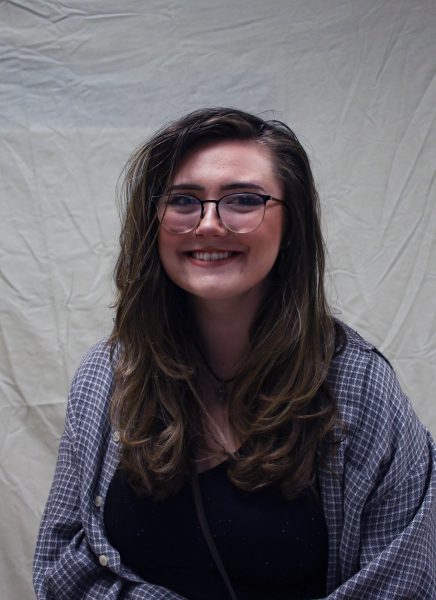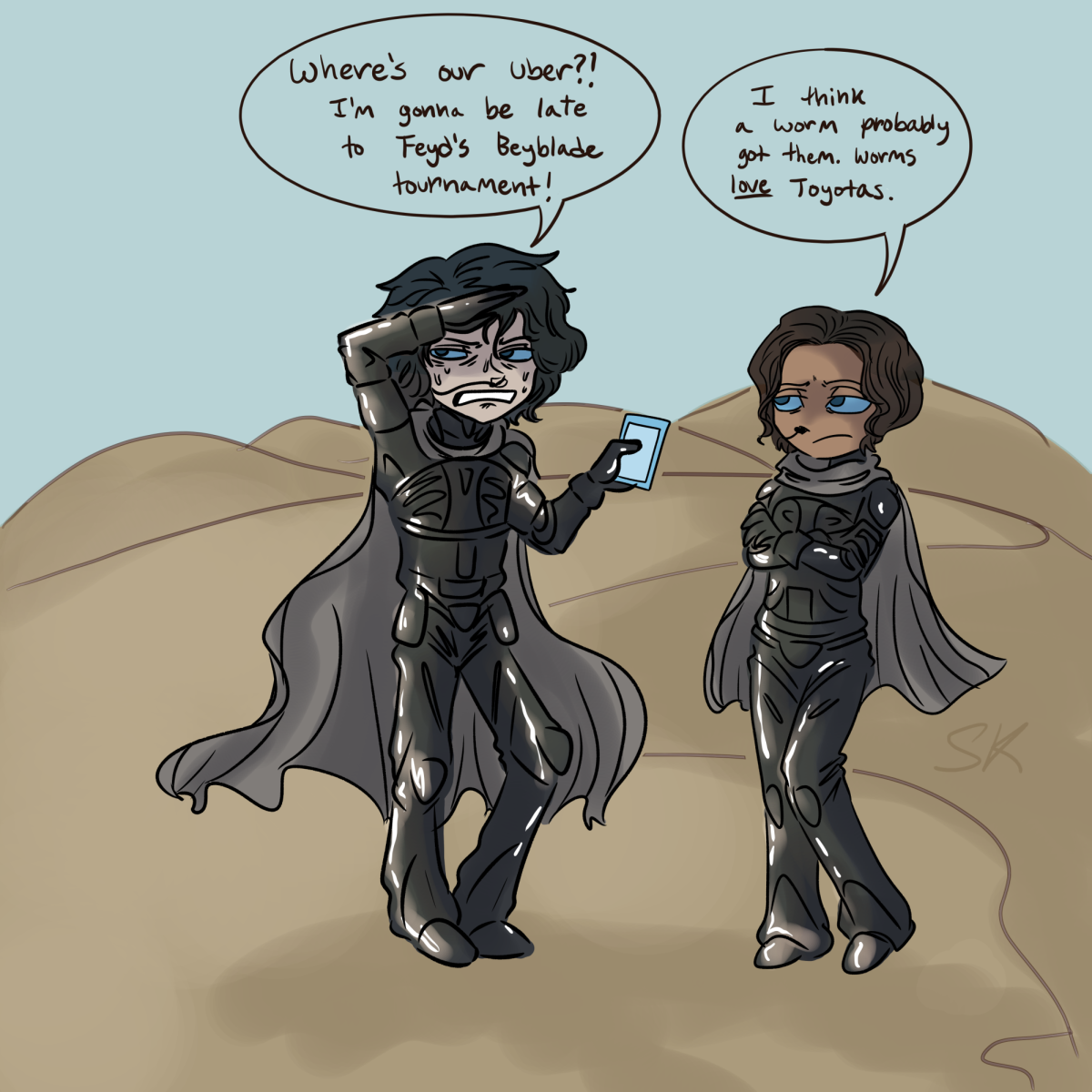When you Google the words “selfie and self-confidence,” the results are contradictory – claiming selfies cause both low self-esteem and narcissism. In truth, while they can fall on either end of the spectrum, it’s more common for them to fall somewhere in the middle of the two extremes and boost self-confidence.
Today’s society shapes conventional beauty standards through social media and Hollywood. How people measure up to these standards often plays a huge role in how they feel about themselves – you don’t have to like or agree with that fact, but you have to admit it’s true. These standards breed insecurity.
To just ignore it is an unrealistic approach. It’s there, and without serious self-confidence, the message is going to have an effect. However, building self-confidence to show yourself you look good regardless of how you measure up to the standards is a start to combating them. Selfies are gaining traction as a way of gaining confidence.
Taking a picture of yourself isn’t a new concept. One of the first photographs ever taken was a selfie by Robert Cornelius in 1839. However, the practice took off with social media in the early 2000s. Those Myspace profile pictures, embarrassing as they could be, set the stage for the selfie. Now Instagram and other sites like it give platforms for pictures. The selfie is so commonplace that it was the Oxford Dictionary’s 2013 word of the year—even Pope Francis has joined in on the fun.
This movement can be more than fun and games though. The act of taking photos of yourself and liking what you see is a way of forcing yourself to admit that, even if for a moment, you were physically beautiful regardless of how you compare to conventional standards. The act of sharing that photo on social media boosts self-confidence. It’s a way for you to say, “I look good just being who I am.”
Social media resulted in one in five teenagers feeling more confident in themselves, whereas only 4 percent reported feeling less confident, according to a report by Common Sense Media, a California-based organization focused on reviewing media. A large part of confidence on social media comes from encouraging comments made by peers on selfies, or other posts, by the user.
Selfies linked to low self-esteem could be largely attributed to the fact that people with lower self-esteem need more boosts of self-confidence than people that already have high self-esteem. As for selfies being attributed to narcissism – since when did having enough confidence to say, “I look good today” equate to being self-obsessed? It’s not narcissism; it’s loving who you are as a human being, and those two things just aren’t the same.
Clearly, not all selfies are beneficial. The Selfie Olympics trend that took off in early 2014 resulted in injuries as people competed for having the most unique and extreme pictures. Once posted, not all peers leave positive comments and some pictures are posted after being retouched beyond recognition, creating a platform for self-doubt. These problems give selfies bad representation.
At one time, I thought selfies were attention-seeking and pointless. I was critical of the practice mostly because I wasn’t comfortable to take a picture and feel confident sharing it – until I gave it a try.
It was therapeutic to think I looked good in a picture.
Eventually, selfies helped me to think I looked good in person, too. Those thoughts helped me feel more confident in my interactions with other people and how I carried myself.
Nothing had changed physically, but mentally something had clicked – I had shown myself, with the help of taking pictures, I was capable of being beautiful regardless of how I matched to conventional standards.
It’s not always easy – some days you’re going to feel great without any coaxing and some days you’re only going to be able to find your flaws.
So my advice to you the next time you’re having a day of low confidence is to pick up your phone or camera and take a selfie or two – show yourself you deserve to feel confident.
























